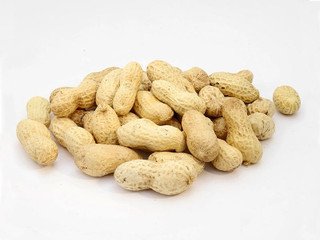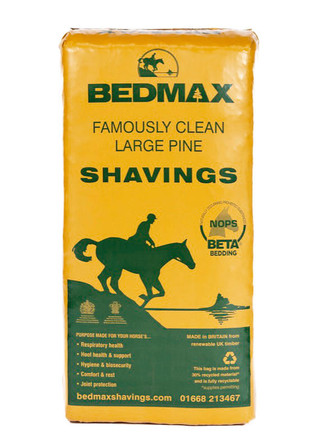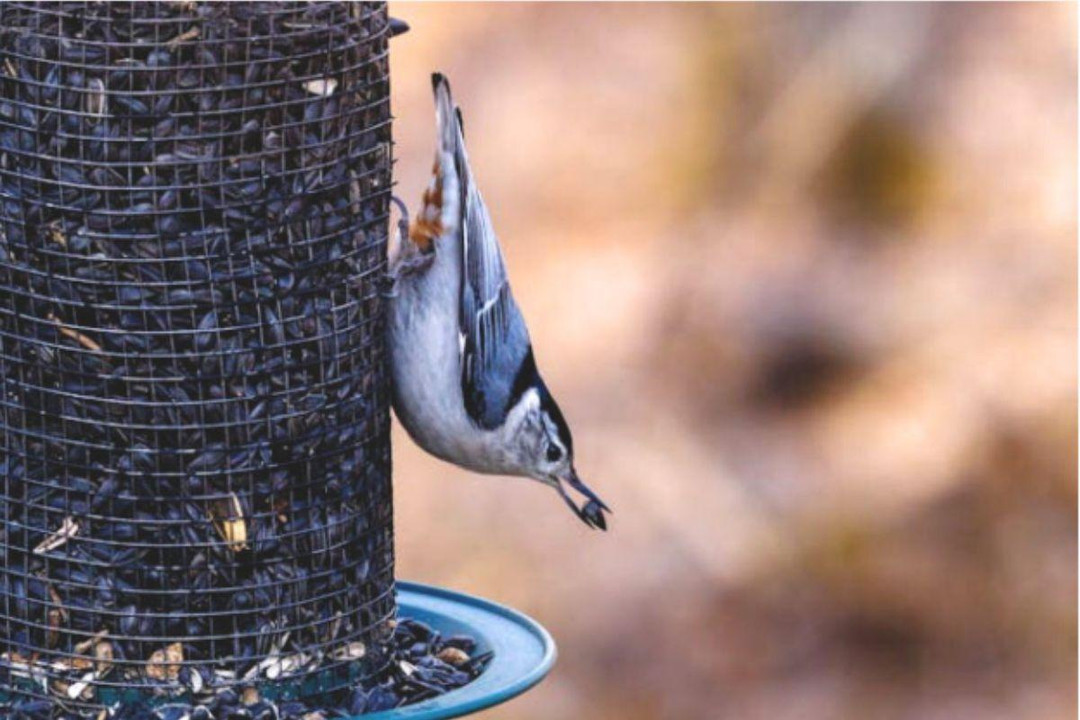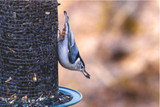How Sunflower Seeds Can Improve Your Bird's Health
Birds are quite attracted towards sunflower seeds, but have you ever wondered about sunflower seeds' benefits for birds? Beyond their appeal as a tasty treat, sunflower seeds are actually packed with nutrients that can significantly improve your bird's health. They can boost your bird's energy, strengthen their defences, and keep them looking their best.
Being a bird lover, if you need to know more about sunflower seeds and their associated perks, read the discussion below regarding the wonderful world of sunflower seeds.
Nutritional Value of Sunflower Seeds
Sunflower seeds are packed with essential nutrients. In a 1-ounce (30 grams or 1/4 cup) serving of shelled, dry-roasted sunflower seeds, you can find:
Calories: 163
Total Fat: 14g
Saturated Fat: 1.5g
Polyunsaturated Fat: 9.2g
Monounsaturated Fat: 2.7g
Protein: 5.5g
Carbohydrates: 6.5g
Fiber: 3g
Vitamins: Vitamin E, Niacin, Vitamin B6, Folate, and Pantothenic Acid
Minerals: Iron, Magnesium, Zinc, Copper, Manganese, and Selenium
The high levels of vitamin E and selenium in sunflower seeds act as antioxidants, protecting cells against free radical damage. Additionally, they contain beneficial plant compounds such as phenolic acids and flavonoids, which also play a role in antioxidant activities.
Health Benefits of Sunflower Seed for Birds
Fulfil the Need for Nutrition: Sunflower seeds are rich in essential nutrients such as fat, fibre, protein, and others, along with other vital nutrients, including calcium, iron, vitamin E, vitamin B, potassium, and more. These nutrients contribute to the overall health and vitality of birds.
Fat: These seeds are high in fat, particularly beneficial for birds, especially during cold weather when warmth requirements are higher. The fat content in sunflower seeds can aid in maintaining birds' energy levels, which is particularly useful during times of stress, growth, or moulting.
Improved Plumage and Reproduction: Incorporating sunflower seeds into a bird's diet can result in better, more vibrant plumage. Additionally, it is recommended to include these seeds during the egg-laying period as they can increase productivity and lead to the production of better quality, larger eggs.
Variety of Bird Species: one of the best parts about these seeds is that they are preferred by several bird species. A wide variety of bird species, including cardinals, chickadees, blue jays, chickens, finches, and others, prefer the taste of sunflower seeds, making it an attractive food option to attract wild birds.
How to Incorporate Sunflower Seeds into Your Bird's Diet
Variety is Key:
Sunflower seeds, while nutritious, shouldn't be the only food source. Offer a mix that includes:
Pellets: These provide a balanced base diet formulated for your bird's specific needs.
Fresh Fruits and Vegetables: Birds love chopped apples, berries, leafy greens, and
carrots. This also increases the health benefits for birds while offering them a variety.
Other Seeds and Nuts: Offer a mix with variety, but limit high-fat options like peanuts.
Portion Control
Sunflower seeds for birds are high in fat, thus, you need to feed a controlled amount. Here's a guideline:
Larger birds (parrots, macaws): A small handful per day is sufficient to fulfil their daily nutrition needs.
Smaller birds (finches, parakeets): Limit to a teaspoon or less daily to avoid overeating; this could result in declining health.
Serving Ideas:
Here’s how you can attract the birds to feed in your garden or another open area:
Incorporate them into a homemade foraging mix: Scatter seeds, chopped nuts, and dried fruit in a shallow dish or baking tray. Put the tray in an open area and high spot to avoid squirrels and other animals’ interference.
Sprinkle on top of pellets: This adds enrichment and encourages foraging behaviour.
Offer whole or black oil sunflower seeds: Different birds prefer unique eating techniques, so add different types to cater to all the birds’ needs. Whole seeds require more effort to crack, keeping birds occupied. Whereas black oil seeds are smaller and easier for some birds to manage.
Additional tip: When storing black sunflower seeds for birds, it's important to keep them in a cool, dry place, ensuring that the ambient temperature does not exceed 21 degrees Celsius. Proper storage helps maintain the quality and shelf life of the seeds, which can last up to 12 months when stored correctly.
Serving Equipment
It is advisable to find dedicated bird feeders specifically for dispensing sunflower seeds. According to the typical size of these seeds, we recommend some practically and robustly designed options:-
Conclusion
You can ensure your birds enjoy this delicious food while staying healthy by understanding various aspects associated with sunflower seeds, their nutritional value, health benefits, and how to feed them. While feeding the birds, make sure you are offering the seeds in moderation since overeating can lead to health issues.
If you want quality sunflower seeds for birds, explore quality products by Kennedy wild bird food
Explore Popular Articles
-
Top 11 Yellow Birds in Britain and the UK to Attract in Your Garden
15th Dec 2025Yellow birds bring a splash of colour and cheer to any garden. Observing these birds can be both rel
-
Should You Feed Birds Every Day? A Complete Guide on Feeding Birds
15th Dec 2025At Kennedy Wild Bird Food, we believe that understanding how to care for garden birds is as importan
-
How Sunflower Seeds Can Improve Your Bird's Health
14th Jun 2024Birds are quite attracted towards sunflower seeds, but have you ever wondered about sunflower seeds'














